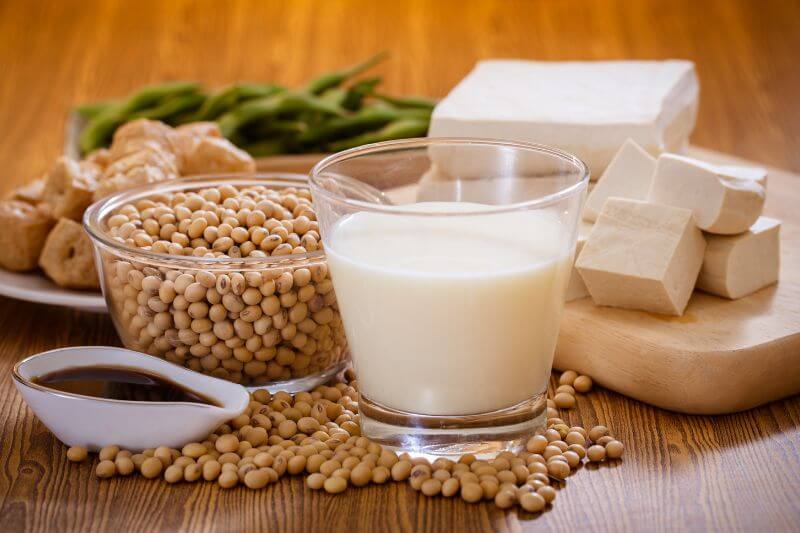Aside from its fundamental life-sustaining role, water is an essential part of our daily diet. On dining tables, there are two factions: supporters of still water and advocates for sparkling water. But what are the actual differences between these two types? What unique benefits do they offer? Do they have varying impacts on health, nutrition, and overall well-being? Here are some insights.
Still Or Sparkling: The Origins Of Our Waters
Still water typically comes from springs or aquifers and goes through several purification steps to remove impurities and contaminants. In addition to purification, some still waters undergo remineralization to enhance flavor and boost beneficial minerals like calcium and magnesium.
On the other hand, sparkling water is defined by its carbon dioxide content, giving it its iconic bubbles. It can be naturally carbonated (from sources rich in natural carbon dioxide) or artificially carbonated (by the addition of pressurized carbon dioxide). Naturally sparkling waters may contain unique minerals from their source, offering specific taste and health properties.
Health Benefits Of Each Type
Still water is vital for daily hydration. Calorie-free, it’s an ideal choice for maintaining fluid balance without adding sugars or extra calories to your diet.
Sparkling water is also calorie-free, as long as it contains no added sugars. Research has shown that sparkling water can enhance the feeling of fullness after meals and promote more frequent bowel movements, which can be advantageous for individuals facing constipation.
Some sparkling waters may have a slightly higher mineral content than still water, but this varies by source. The pH level of sparkling water may be marginally more acidic due to the presence of carbon dioxide.
Moreover, the bicarbonate content in some sparkling waters can help neutralize stomach acidity, potentially benefiting those with acid reflux issues.
Sparkling Water: Myths And Realities
There are concerns about the acidity of sparkling water affecting dental enamel. However, most studies indicate that this effect is minimal, especially when compared to sugary and acidic soft drinks.
Contrary to popular belief, sparkling water does not cause dehydration. It provides hydration that is comparable to still water. Additionally, there is no solid evidence suggesting that sparkling water contributes to osteoporosis.
Sparkling water has been wrongly blamed for causing bloating and digestive issues. In reality, these effects are typically temporary and often overstated.
Still Or Sparkling: Which One To Choose?
Ultimately, there is no clear winner between the two. Both types of water play essential roles in maintaining bodily function. The decision between still and sparkling comes down to personal preference and sensory experience. Some individuals gravitate towards the refreshing fizz of sparkling water, while others favor the smoothness of still water.
Neither type has specific contraindications. People on specialized diets or with dietary restrictions can select either based on their nutritional or health needs.
Alternating between different types of water can be a delightful way to stay hydrated throughout the day. Sparkling water may serve as an appealing alternative for those looking to cut down on sweetened beverages, especially when enjoyed chilled or with a slice of lemon.
IMPORTANT NOTE
Be cautious with flavored and sweet sparkling waters! It’s crucial to check the labels of flavored sparkling waters, as some may contain added sugars or sweeteners, unlike pure sparkling water.







